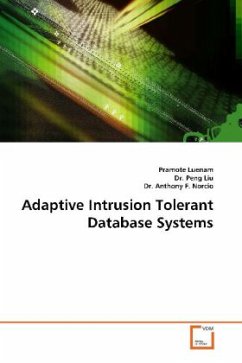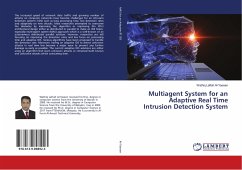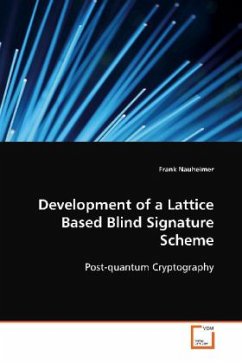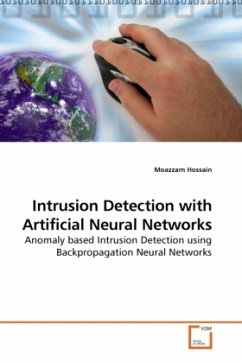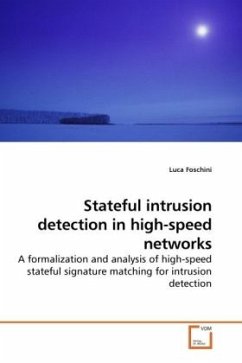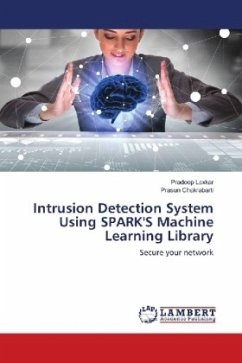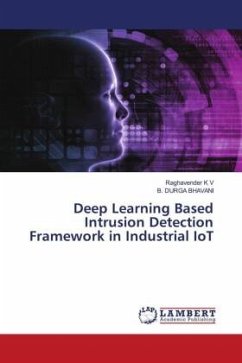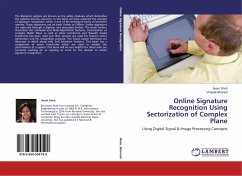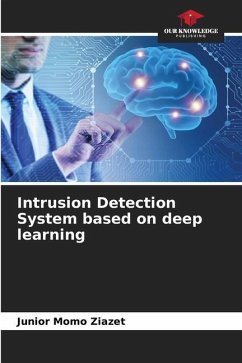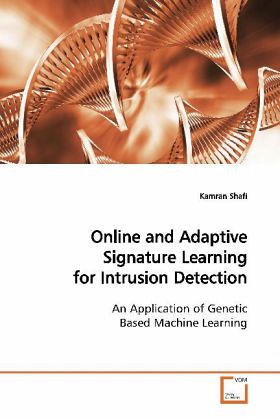
Online and Adaptive Signature Learning for Intrusion Detection
An Application of Genetic Based Machine Learning
Versandkostenfrei!
Versandfertig in 6-10 Tagen
52,99 €
inkl. MwSt.

PAYBACK Punkte
26 °P sammeln!
This thesis presents the case of dynamically and adaptively learning signatures for network intrusion detection using genetic based machine learning techniques. The two major criticisms of thesignature based intrusion detection systems are their i) reliance on domain experts to handcraft intrusion signatures and ii) inability to detect previously unknown attacks or the attacks for which no signatures are available at the time. In this thesis, we present a biologically-inspired computational approach to address these two issues. This is done by adaptively learning maximally general rules, which...
This thesis presents the case of dynamically and
adaptively learning signatures for network intrusion
detection using genetic based machine learning
techniques. The two major criticisms of the
signature based intrusion detection systems are
their i) reliance on domain experts to handcraft
intrusion signatures and ii) inability to detect
previously unknown attacks or the attacks for which
no signatures are available at the time.
In this thesis, we present a biologically-inspired
computational approach to address these two issues.
This is done by adaptively learning maximally
general rules, which are referred to as signatures,
from network traffic through a supervised learning
classifier system. The rules are learnt dynamically
(i.e., using machine intelligence and without the
requirement of a domain expert), and adaptively
(i.e., as the data arrives without the need to
relearn the complete model after presenting each
data instance to the current model).
Our approach is hybrid in that signatures for both
intrusive and normal behaviours are learnt.
adaptively learning signatures for network intrusion
detection using genetic based machine learning
techniques. The two major criticisms of the
signature based intrusion detection systems are
their i) reliance on domain experts to handcraft
intrusion signatures and ii) inability to detect
previously unknown attacks or the attacks for which
no signatures are available at the time.
In this thesis, we present a biologically-inspired
computational approach to address these two issues.
This is done by adaptively learning maximally
general rules, which are referred to as signatures,
from network traffic through a supervised learning
classifier system. The rules are learnt dynamically
(i.e., using machine intelligence and without the
requirement of a domain expert), and adaptively
(i.e., as the data arrives without the need to
relearn the complete model after presenting each
data instance to the current model).
Our approach is hybrid in that signatures for both
intrusive and normal behaviours are learnt.



